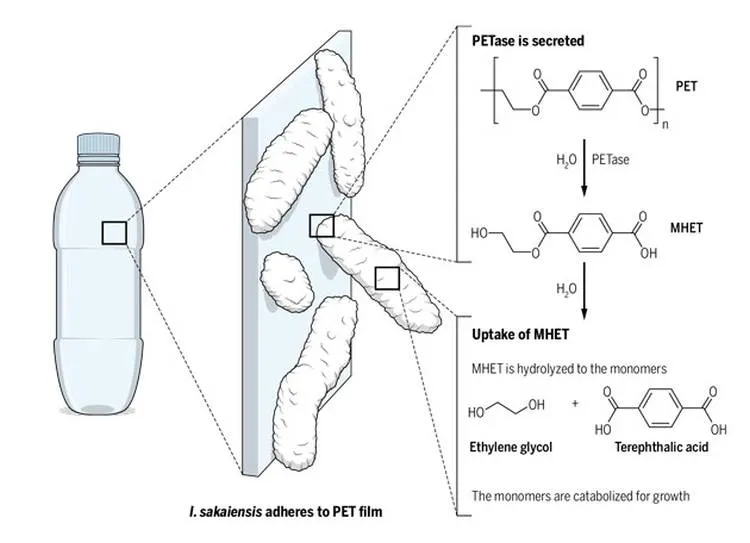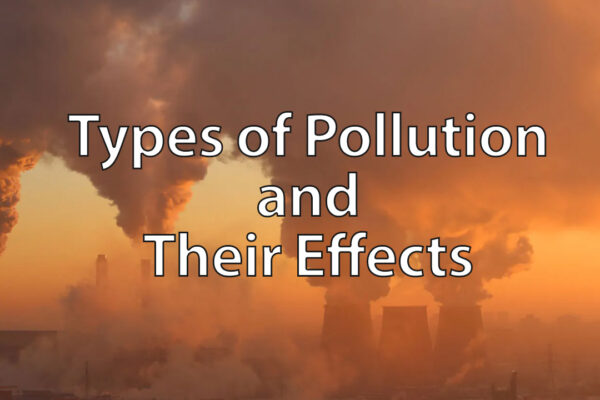Japanese researchers discover bacteria that eats plastic

The world is sinking into pollution problem every day, and plastic (largely PET used almost in everything from clothing to plastic bottles) is one of the main contributors to the quandary. About 50 million tones of PET aka polyethylene terephthalate is produced globally every year, sadly PET-based products are most difficult to recycle, which means most of this produced plastic lands up in landfills.
The world needs some real ways to manage the global plastic menace. There have been lab experiments where fungi species have been grown on PET and now it’s for the first time a species of bacteria is found which can eat up the plastic found in disposable bottles and most clothing we wear.
A team of Japanese researchers at the Kyoto Institute of Technology have published a discovery in the academic journal Science, informing they have found a plastic-munching microorganism (they’ve called it Ideonella sakainesis) that could be a solution to plastic waste problem on our planet.
Finding the plastic-eating bacteria wasn’t easy. Researchers inform they collected 250 PET-contaminated samples with sediment, wastewater and soil from plastic recycling sites. In the labs they monitored microbes living on the samples. Over a period of time they were able to find one bacteria species which appeared to be eating through PET and degrading it.
In further tests in the lab, researchers found, Ideonella sakainesis breaks down plastic using a pair of enzymes and then feeds on it for growth. It is reported that a community of this bacteria, in temperatures around 86 degrees Fahrenheit, could eat up a thin film of PET over a period of six months.
Frankly speaking, it’s just too early to consider whether Ideonella sakaiensis will be able to solve some of world’s plastic related pollution; but this research has definitely opened up ground for researchers to identify some more of such microbes, which could degrade PET in a similar way.
Via: ChemistryWorld


